Obstetric fistula is one of the most serious and tragic childbirth injuries. It is a hole between the birth canal and bladder or rectum caused by prolonged, obstructed labour (that can often last for six to seven days!!!), without access to timely, high-quality medical treatment. It leaves women leaking urine, faeces or both, and often leads to chronic medical problems, depression, social isolation and deepening poverty
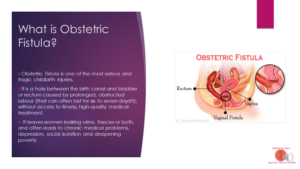
As per the United Nations Population Fund (UNFPA), “The underlying factors that contribute to women’s and girls’ marginalization – including lack of access to quality health services and education, persistent poverty and gender inequality, child marriage, adolescent pregnancy and failure to protect human rights.
Child birth should be a happy moment for every woman NOT a devastating experience
That is why one of our focus at BGG is to improve gender equity in health, acknowledging that women’s rights to better health is one of the most direct and potent ways to achieve social justice and bring change to whole communities.
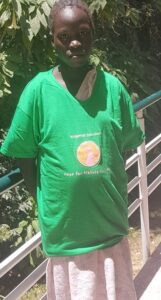
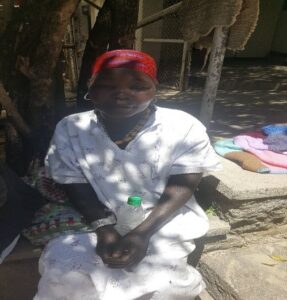 Our top priority is to rehabilitate girls and women suffering from obstetric fistula. The “smell of leaking urine, faeces or both, is constant and humiliating, often driving the patients’ family, friends and neighbours away” … and these victims are usually stigmatized, ostracised and very often seen as a cursed to their families and communities. Most of the women are first time mothers in this condition, a condition that leaves most of its victims about 90% with still born babies, not only this but they are usually abandoned by their husbands and families (because they smell) making it difficult for them to secure income or support, thereby deepening their poverty. Their isolation may affect their mental health, resulting in depression, low self-esteem and even suicide.
Our top priority is to rehabilitate girls and women suffering from obstetric fistula. The “smell of leaking urine, faeces or both, is constant and humiliating, often driving the patients’ family, friends and neighbours away” … and these victims are usually stigmatized, ostracised and very often seen as a cursed to their families and communities. Most of the women are first time mothers in this condition, a condition that leaves most of its victims about 90% with still born babies, not only this but they are usually abandoned by their husbands and families (because they smell) making it difficult for them to secure income or support, thereby deepening their poverty. Their isolation may affect their mental health, resulting in depression, low self-esteem and even suicide.
Gender inequality damages the physical and mental health of millions of girls and women across the globe. (World Health Organisation).
Obstetric fistula is a stark outcome of gender inequalities, human rights denial and poor access to reproductive health services, including maternal and new-born care, and an indication of high levels of maternal death and disability. The psychological harm suffered by its victims make it a form of violence against women as per the definition of Violence Against Women (VAW) by the United Nations Declaration on Elimination of violence against women (1993) as: “… any act of gender based violence that results in physical sexual and psychological harm or suffering to women including threats of such acts, coercion or arbitrary deprivation of liberty, whether in public or private life”.
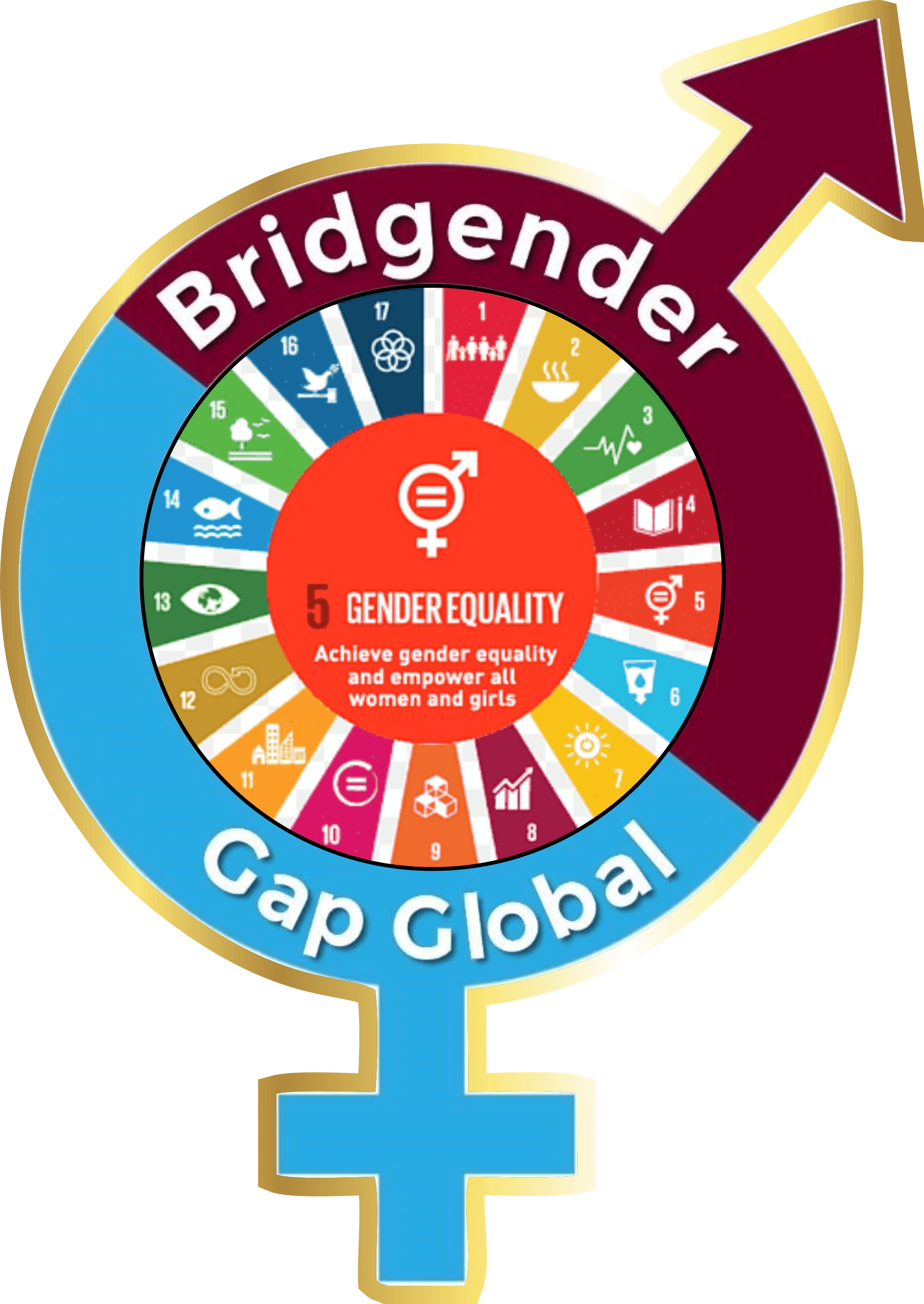







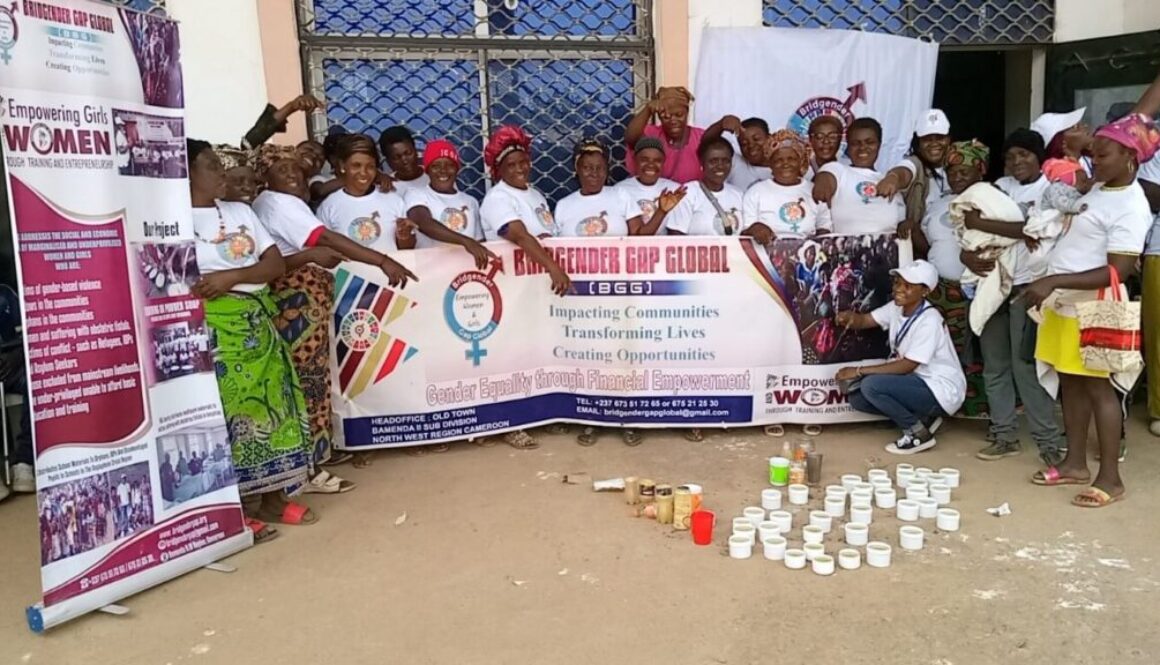
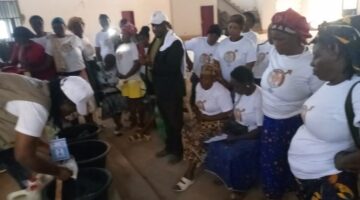
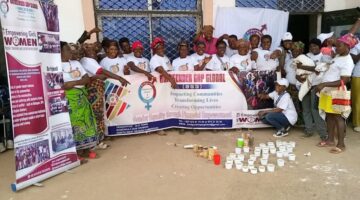
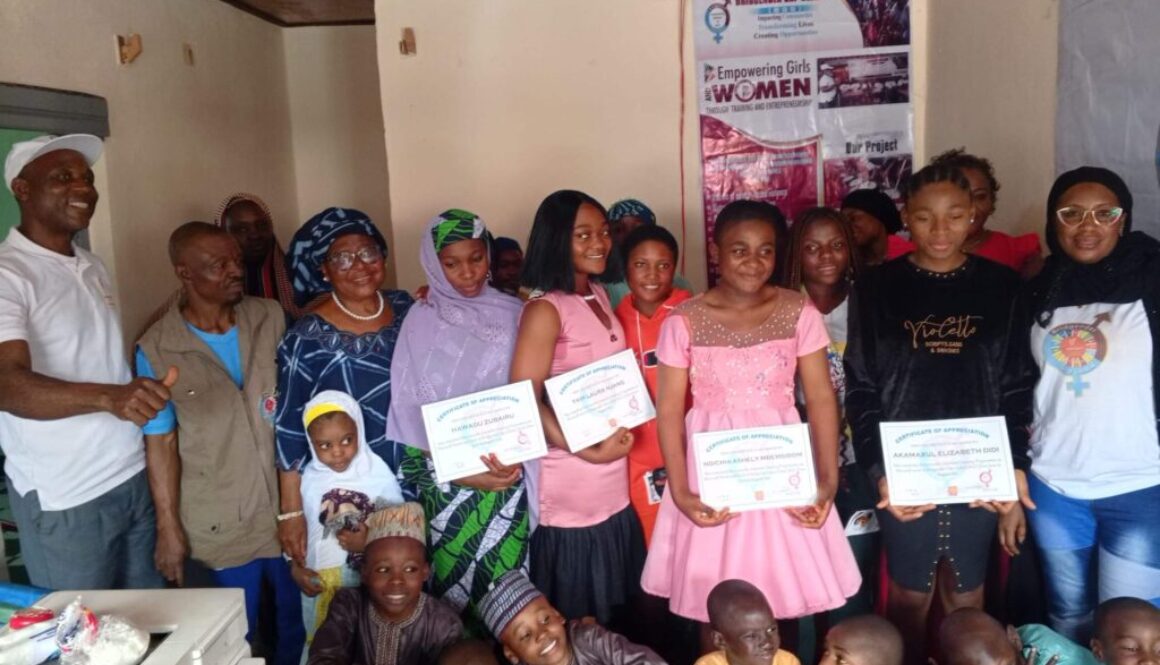
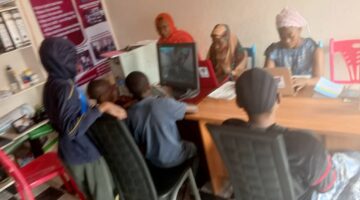

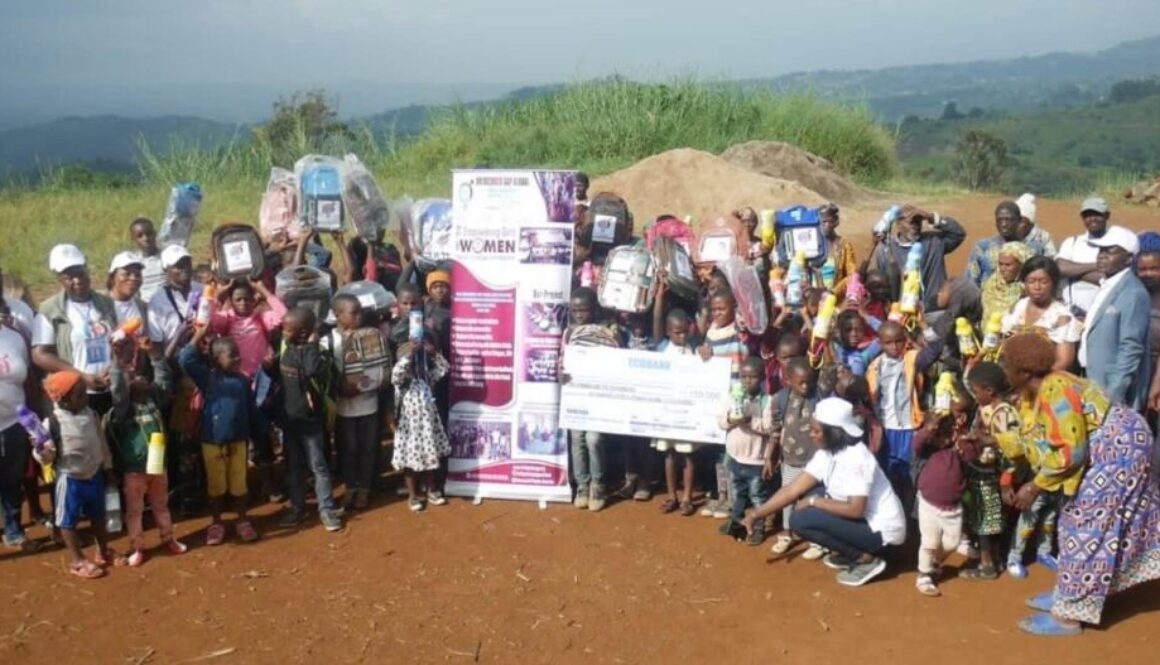
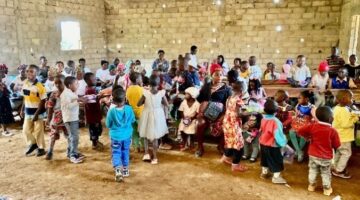
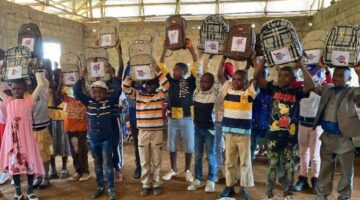
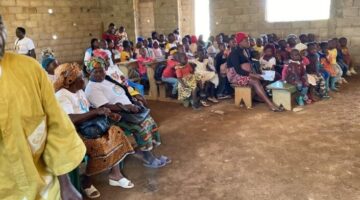

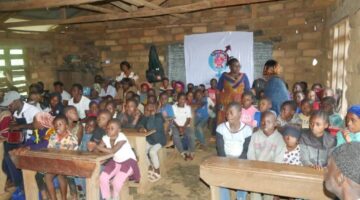
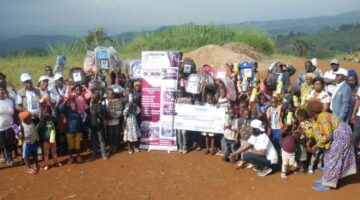
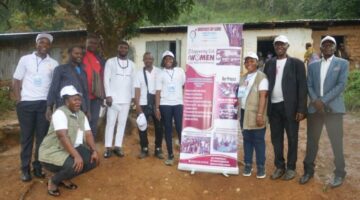
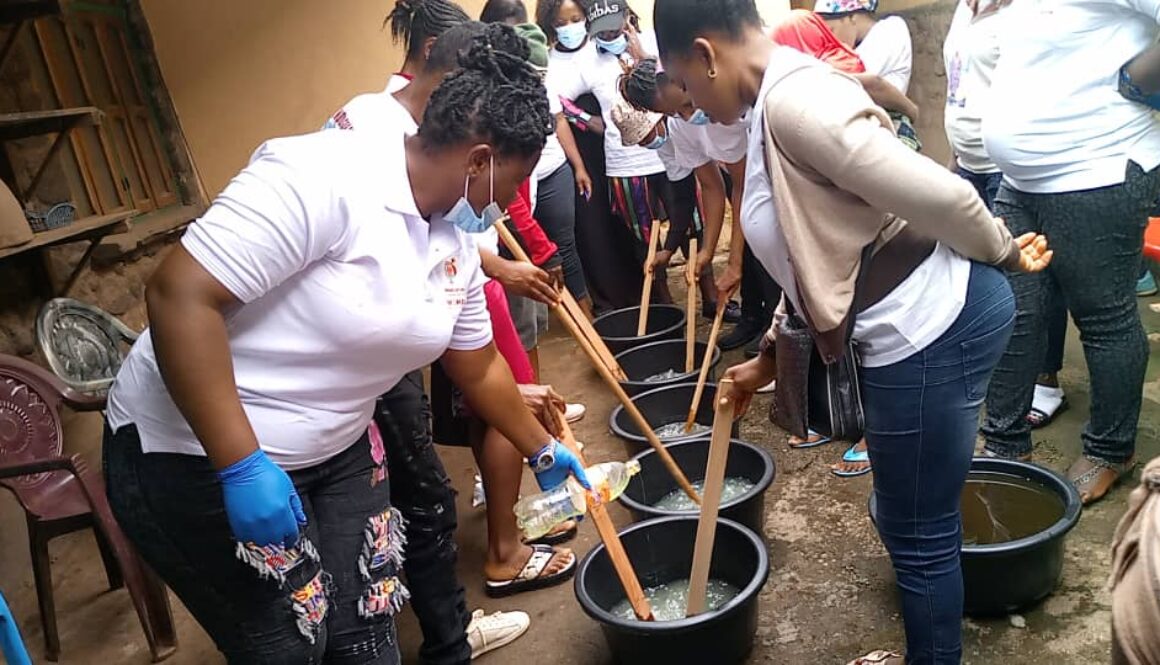
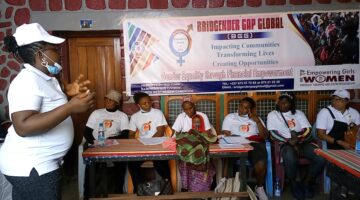
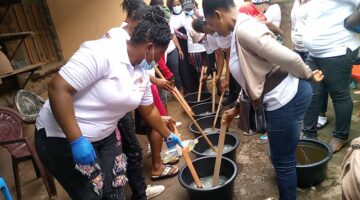
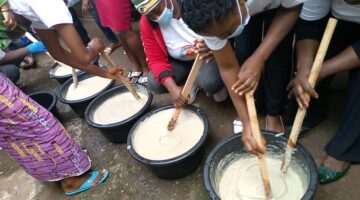
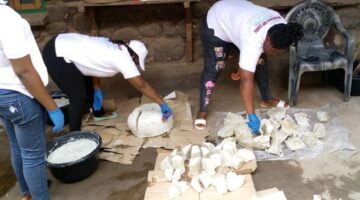
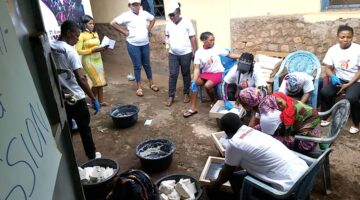
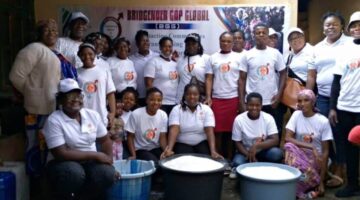
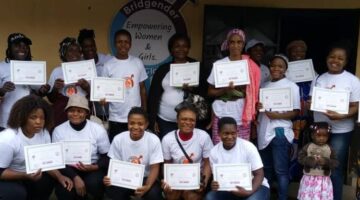
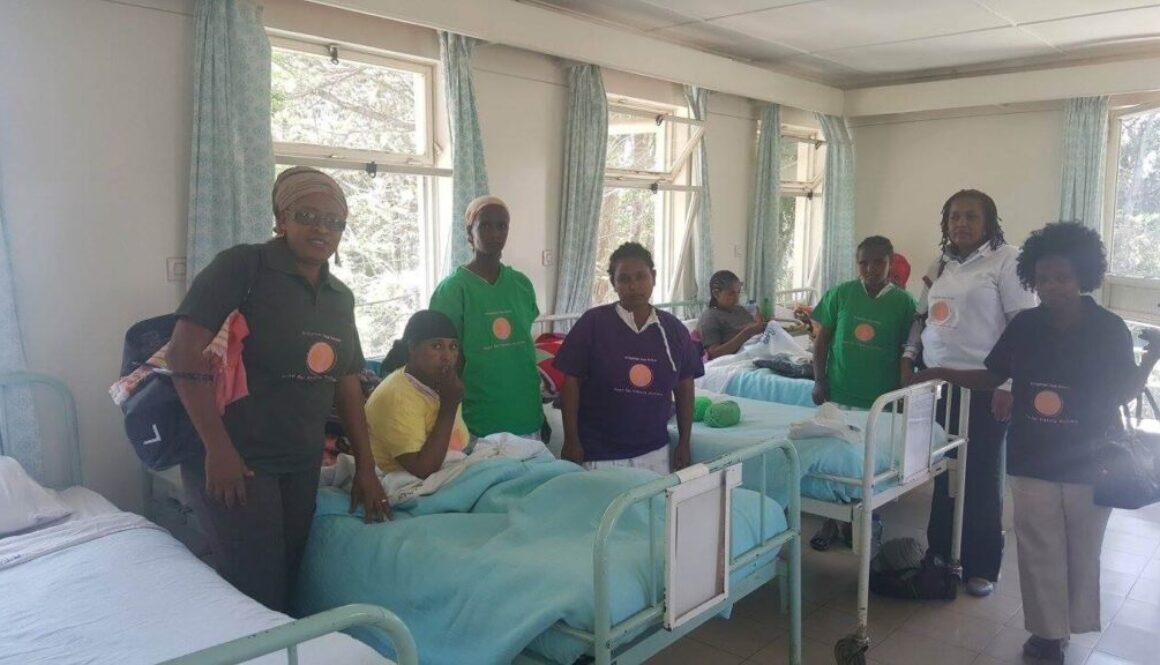


 Our top priority is to rehabilitate girls and women suffering from obstetric fistula. The “smell of leaking urine, faeces or both, is constant and humiliating, often driving the patients’ family, friends and neighbours away” … and these victims are usually stigmatized, ostracised and very often seen as a cursed to their families and communities. Most of the women are first time mothers in this condition, a condition that leaves most of its victims about 90% with still born babies, not only this but they are usually abandoned by their husbands and families (because they smell) making it difficult for them to secure income or support, thereby deepening their poverty. Their isolation may affect their mental health, resulting in depression, low self-esteem and even suicide.
Our top priority is to rehabilitate girls and women suffering from obstetric fistula. The “smell of leaking urine, faeces or both, is constant and humiliating, often driving the patients’ family, friends and neighbours away” … and these victims are usually stigmatized, ostracised and very often seen as a cursed to their families and communities. Most of the women are first time mothers in this condition, a condition that leaves most of its victims about 90% with still born babies, not only this but they are usually abandoned by their husbands and families (because they smell) making it difficult for them to secure income or support, thereby deepening their poverty. Their isolation may affect their mental health, resulting in depression, low self-esteem and even suicide.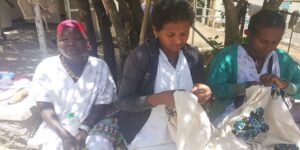
 The women at the fistula hospital carry out various craft activities while undergoing their treatment at the hospitals. This serves as a means of building their capacities in life skills and a source of income for the women. These activities include;
The women at the fistula hospital carry out various craft activities while undergoing their treatment at the hospitals. This serves as a means of building their capacities in life skills and a source of income for the women. These activities include; Yvonne Leina Chi is an award winning international journalist and Women’s Rights Activist.She is Founder and CEO of the Women Relief Services where she joins forces with local women to combat harmful cultural practices against women and girls in African Communities.She is also the Global Outreach Strategist for
Yvonne Leina Chi is an award winning international journalist and Women’s Rights Activist.She is Founder and CEO of the Women Relief Services where she joins forces with local women to combat harmful cultural practices against women and girls in African Communities.She is also the Global Outreach Strategist for Grace is the CEO of Adelaar Energy and an advisory board member of the African Energy Chamber. She commenced her professional journey as an audit staff at PricewaterhouseCoopers (PwC) before she transitioned to the energy industry. She started off as a Business Planning and Economic Analyst for Shell Cameroon and then worked as a Business Analyst and Economist for Shell Nigeria for several years. She also worked as a senior manager (business planning and economics) at a medium-sized multi-national company, Addax Petroleum (SINOPEC Company) before moving to Eroton Exploration & Production Company, one of Nigeria’s biggest indigenous startups where she served as a senior manager in Business strategy and economics.
Grace is the CEO of Adelaar Energy and an advisory board member of the African Energy Chamber. She commenced her professional journey as an audit staff at PricewaterhouseCoopers (PwC) before she transitioned to the energy industry. She started off as a Business Planning and Economic Analyst for Shell Cameroon and then worked as a Business Analyst and Economist for Shell Nigeria for several years. She also worked as a senior manager (business planning and economics) at a medium-sized multi-national company, Addax Petroleum (SINOPEC Company) before moving to Eroton Exploration & Production Company, one of Nigeria’s biggest indigenous startups where she served as a senior manager in Business strategy and economics.


